can sleeping more make you leaner?
Exploring the Link Between Sleep, Fat Loss, and Muscle Gains.
Is sleeping more the missing link in your fat loss plan?
When we talk about fat loss, we usually think of training, nutrition, and maybe supplements.
But what if the missing piece of your plan isn’t another workout or a better macro split… but something as simple as going to bed earlier?
A 2020 randomized controlled pilot trial explored whether improving sleep habits, without changing diet or training, could actually enhance fat loss results.
Let’s break down what the researchers found, where the study fell short, and most importantly, what you can take away and apply right now.
The Study: Sleep + Resistance Training vs. Training Alone
Researchers recruited 30 untrained men and had them complete a 10-week resistance training program.
But here’s the twist:
Half the participants also received a sleep health education intervention, while the other half didn’t.
That sleep guidance was simple:
Keep your room cool, dark, and quiet
Maintain a consistent sleep/wake schedule
Limit screen time, caffeine, and food before bed
Expose yourself to morning sunlight
Learn and use a relaxation technique
No supplements. No sleep trackers. Just consistent reminders to follow basic sleep hygiene.
The Results: Less Fat, Slightly More Muscle
After 10 weeks:
Both groups gained lean mass (1.7 kg in the sleep group vs. 1.3 kg in the control)
Both groups lost fat, but the sleep group lost significantly more (1.8 kg vs. 0.8 kg)
The sleep group also saw a greater reduction in body fat percentage
That’s a major difference, especially considering nothing else was changed.
The training was the same. The nutrition was untracked. The only variable? Sleep awareness.
Study Limitations: Why We Can’t Overhype It
Let’s be clear — this study was insightful, but far from perfect.
Here are some critical limitations:
Sleep was not objectively measured (no wearables, no sleep logs)
Dietary habits were uncontrolled, and participants weren’t asked to record what they ate
The training program lacked detail and progression structure
The sample size was small (only 22 participants finished the trial)
These limitations make it hard to say with certainty that sleep alone was responsible for the increased fat loss. But this isn’t an isolated finding…
Supporting Research: The Bigger Sleep-Performance Picture
Other studies have echoed these findings:
Nedeltcheva et al. (2010): Reducing sleep from 8.5 to 5.5 hours during a diet cut fat loss by 55%
Beccuti & Pannain (2011): Sleep restriction increases appetite, cravings, and calorie intake
Saner et al. (2020): Sleep restriction can reduce myofibrillar protein synthesis, limiting muscle gain
Chandrasekaran et al. (2020): Poor sleep negatively impacts cardiovascular, immune, and neuromuscular function
It’s not just about how you feel. It’s about how your metabolism, muscle tissue, hormones, and recovery all suffer when sleep is neglected.
Practical Takeaways: 7 Ways to Sleep Your Way Leaner
Want to apply this research starting tonight? Here’s a simplified sleep checklist used in the study, plus a few bonus tips from broader literature:
Go to bed and wake up at the same time (yes, even on weekends)
Keep your room cool, dark, and quiet
Avoid screens, caffeine, and heavy meals at least 2 hours before bed
Expose yourself to sunlight within 30 min of waking up
Use a calming bedtime ritual (e.g., breathing, stretching, journaling)
Cut caffeine after 2pm — its half-life lingers
Avoid naps after 3pm if they affect your nighttime sleep
Bonus: Use a blue-light filter or amber glasses in the evening, and if your routine allows, try sleeping 30–60 minutes more per night for a few weeks. You might be shocked at the difference it makes in your mood, performance, and physique.
The Big Idea: Sleep Is a Performance Enhancer
This study (and the broader research) makes one thing clear:
Sleep isn’t passive. It’s anabolic.
It affects your ability to recover, regulate appetite, build muscle, and burn fat, and it's one of the most underutilized variables in the average lifter’s toolbox.
Most people spend hours dialing in their macros but treat sleep as an afterthought. If that’s you, it may be the bottleneck between you and the results you’ve been chasing.
Final Word
Yes, the research is still evolving. But if you're serious about fat loss or performance, sleep should be treated with the same importance as nutrition and training.
Don’t wait until you're burnt out to take it seriously. Use sleep as a tool to get ahead, not just recover.
Scientific References:
Jabekk P, et al. (2020). J Sports Med Phys Fitness.
Nedeltcheva AV, et al. (2010). Ann Intern Med.
Beccuti G, Pannain S. (2011). Curr Opin Clin Nutr Metab Care.
Saner NJ, et al. (2020). J Physiol.
Chandrasekaran B, et al. (2020). Sci Sports.
Ready for a program that takes into account all aspects of a holistic lifestyle, not just training?
Apply for coaching here!
